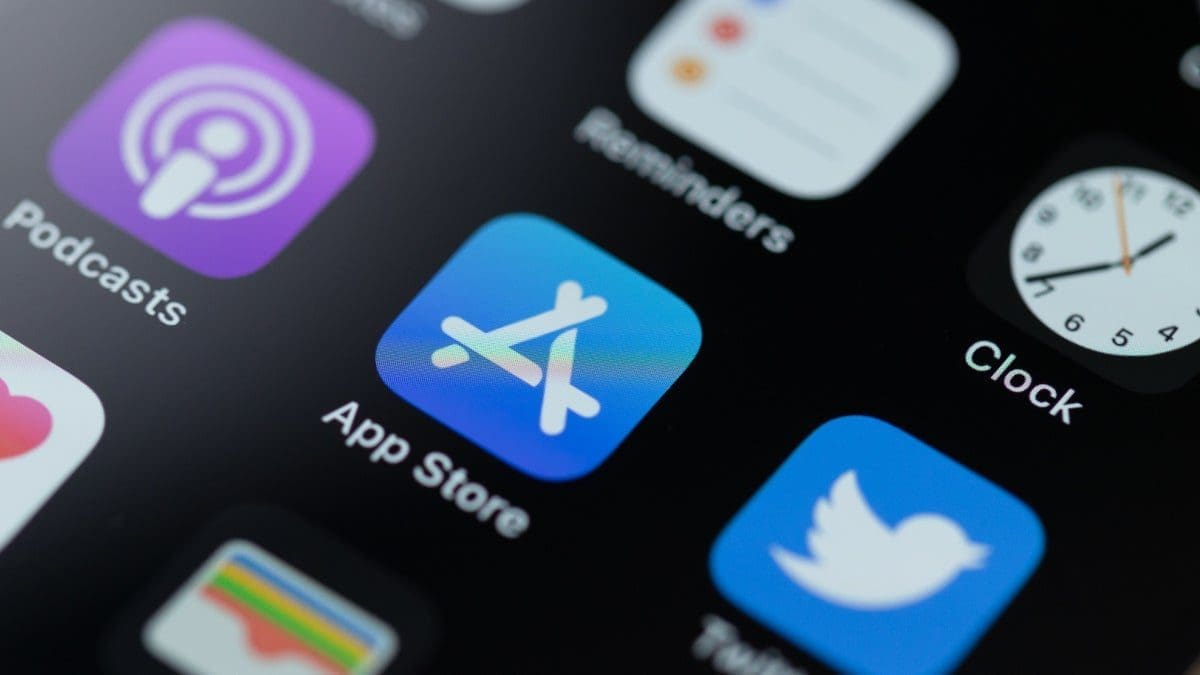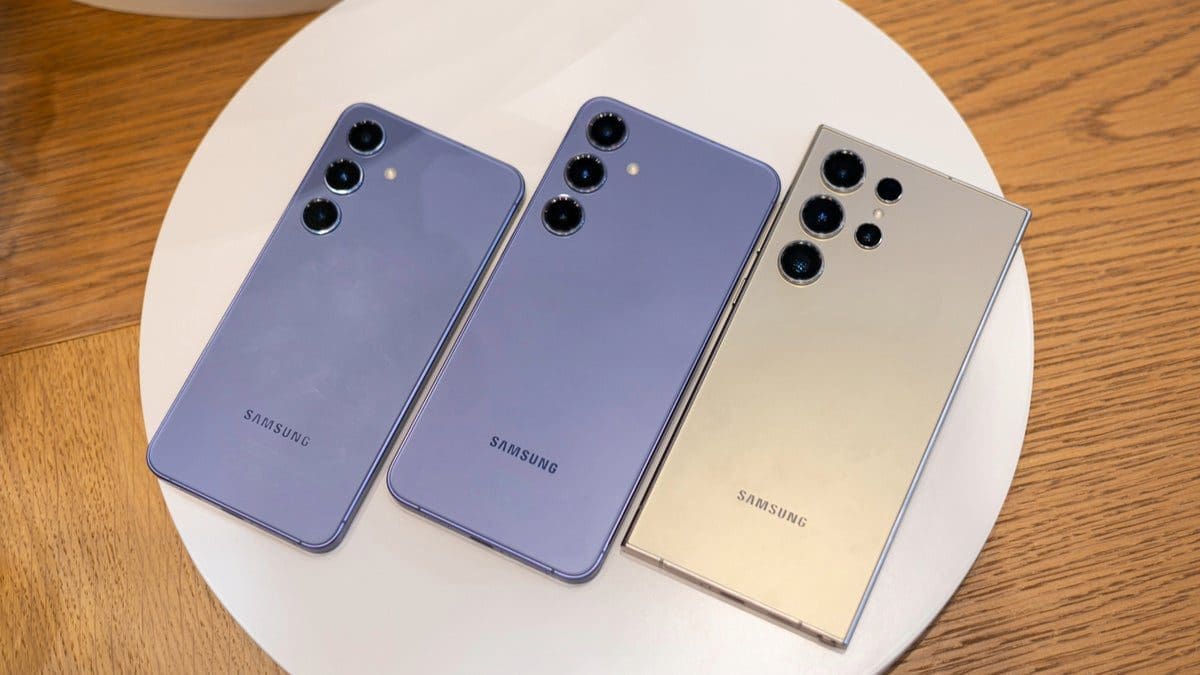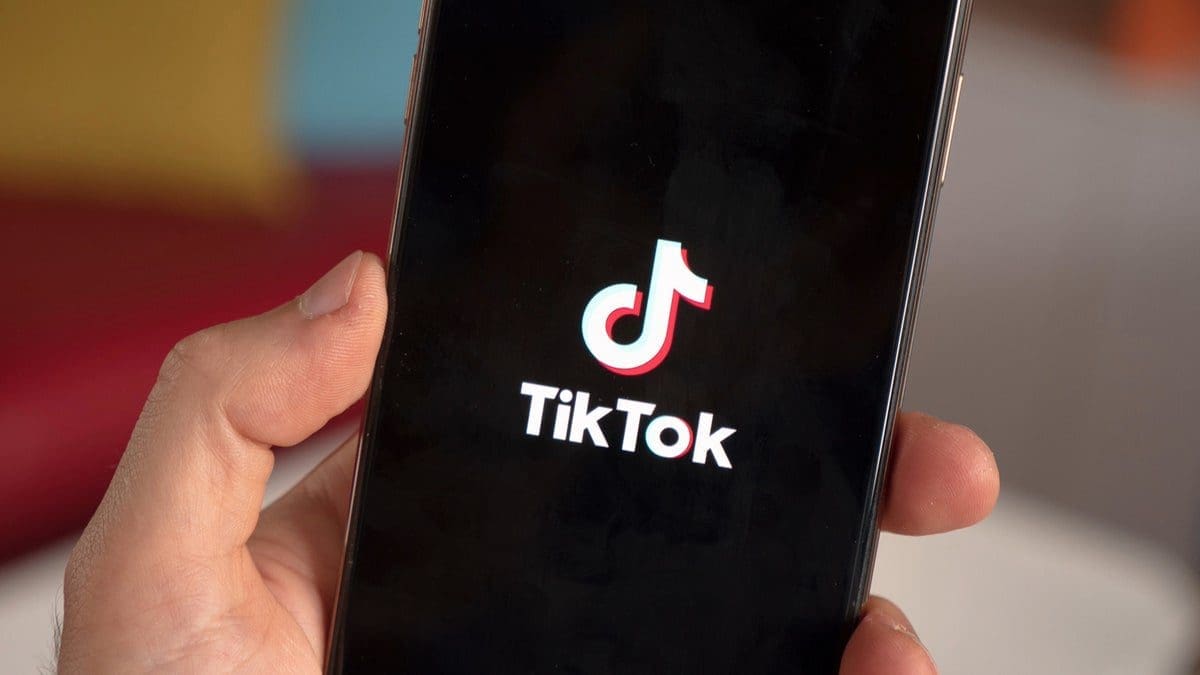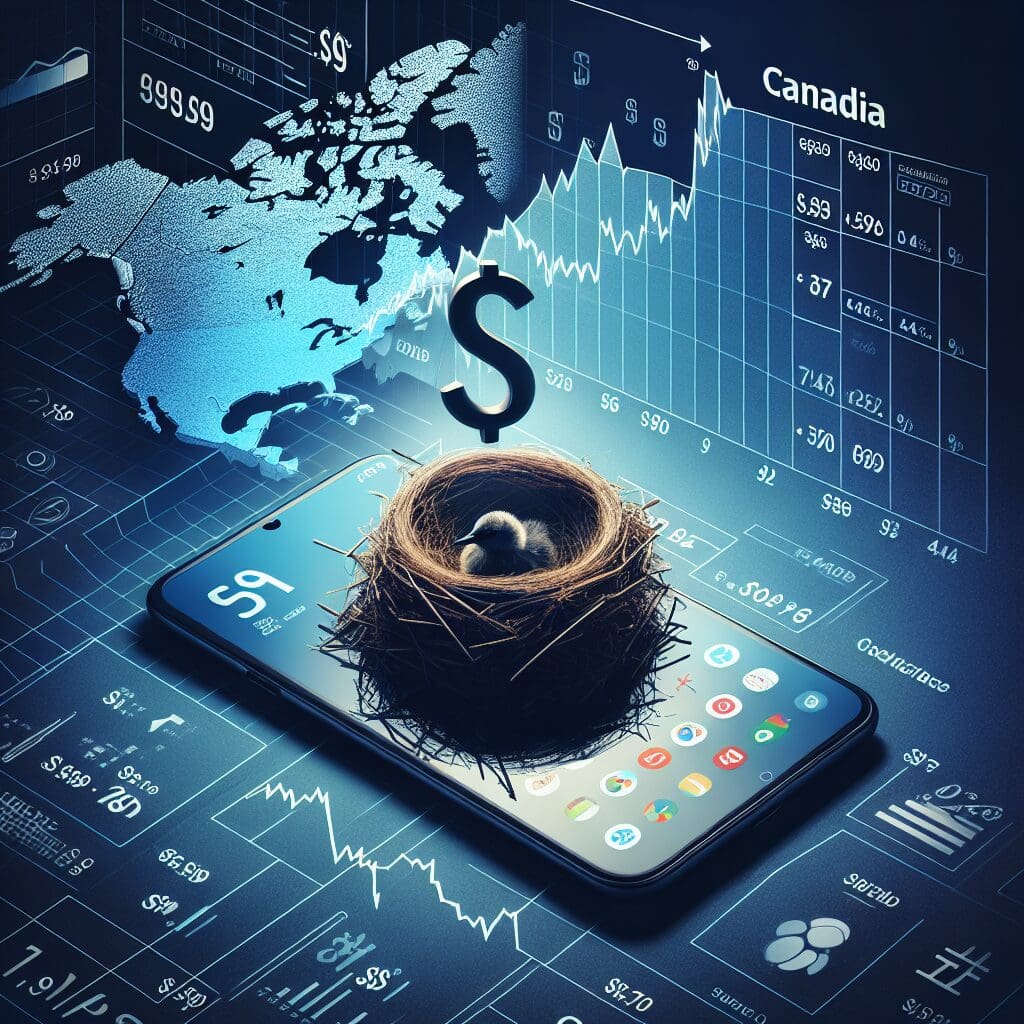Apple recently removed two unnamed apps from the App Store after a nurse, Avalon Grimes, fell victim to a spoofed phone call and lost her life savings of $24,000. The fraudulent call appeared to be from Chase Bank, leading Grimes to believe it was legitimate. Unfortunately, the call turned out to be a scam. Grimes […]
Grimes received a call that displayed as coming from Chase on her phone. Upon answering the call, she was instructed to move her funds into another account under the guise of speaking with her friendly Chase banker. Unbeknownst to her, this was all part of an elaborate scam.
The scammer used an app to mimic Chase’s international services’ number, causing Grimes to trust the caller and transfer her life savings. This incident raises concerns over the availability of apps that allow users to spoof calls and manipulate caller IDs.
To prevent falling victim to such scams, here are some tips:
– Refrain from repeating any security codes texted to your phone
– Avoid answering calls from unknown numbers
– Do not disclose personal information over the phone
– Verify the identity of any caller before providing sensitive information
It’s important not to trust any caller until you are certain about their identity. With advancements in technology, scammers can even spoof someone’s voice using artificial intelligence.
In light of this incident, it’s crucial for individuals to exercise caution when receiving calls from unfamiliar numbers or entities claiming to be utility or government agencies. Taking a moment to verify their authenticity can prevent falling prey to such scams.
While banks typically reimburse customers who are victims of fraud, situations where customers are tricked into approving fraudulent transactions may not be covered under reimbursement policies.
The aftermath of this unfortunate incident has left Grimes without her life savings and serves as a reminder for everyone to remain vigilant against potential spoofing scams in today’s digital age.










